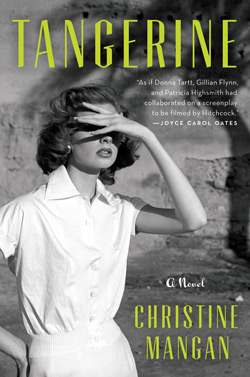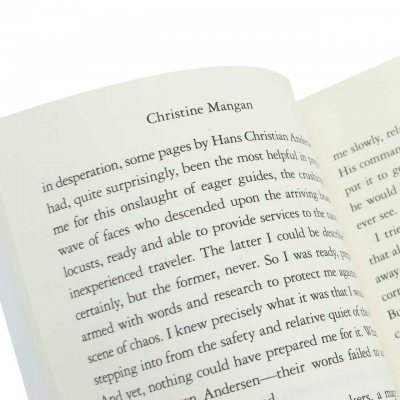
The novel employs devices borrowed from Patricia Highsmith’s books, those ruthless tales of unstable, swappable identity.

Shirley Jackson, whose husband, Stanley Edgar Hyman, taught at Bennington, is referred to during a campus flashback. Lucy grills the glad-handing John about the Brontë sisters at the bar to which he drags the two women on the day she arrives in Tangier.

“Tangerine” is full of allusions to other books and writers. Also unannounced is Lucy’s plan to pry Alice out of her marriage and carry her off for a series of globe-trotting escapades like the ones the two of them imagined together back in their clapboard house in Vermont. Alice Shipley, psychologically fragile since the deaths of her parents in a house fire when she was an adolescent, is married to John, who does something vaguely secretive for “the government.” Lucy Mason, a scholarship girl who bonded with Alice as a fellow-orphan during their freshman year at Bennington College, has ditched her job typing manuscripts for a publisher in New York and appeared without advance notice on Alice’s Moroccan doorstep.

This is the craving satisfied by Christine Mangan’s début, “ Tangerine” (Ecco), the story of two women, former college roommates, who are reunited in Tangier in 1956. The pleasure of reading novels comes in assorted flavors, and one of them, certainly, is nostalgia.


 0 kommentar(er)
0 kommentar(er)
